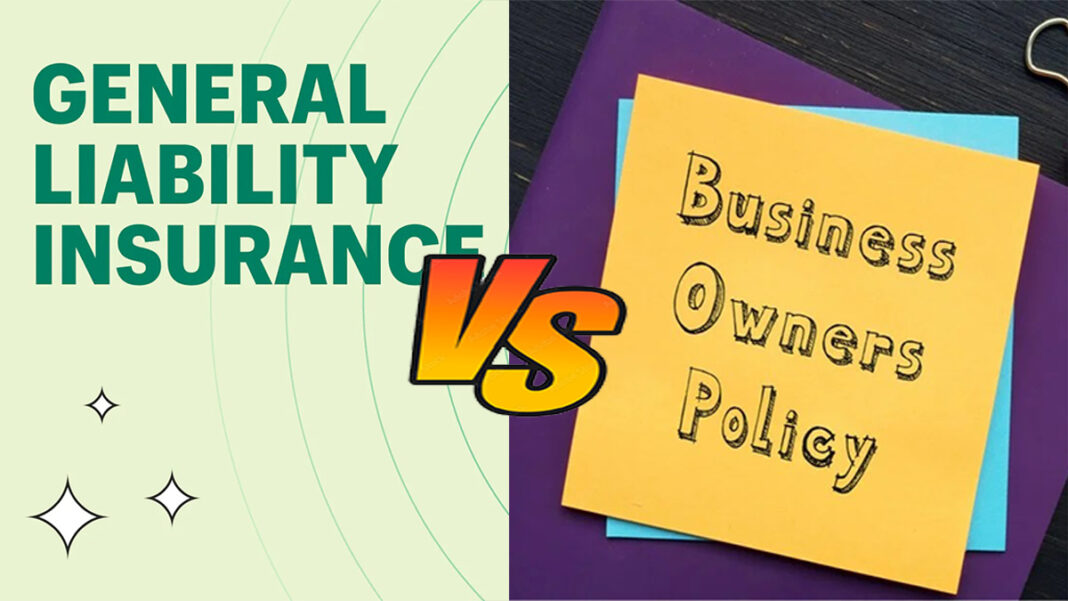
Buying a car can be a significant financial decision, especially if you have bad credit and limited funds for a down payment. However, with careful planning and strategic steps, it is possible to navigate the process and secure a car loan with no money down, even with a less-than-perfect credit score.
In this guide, we will provide you with valuable tips and insights on how to buy a car with no money down and bad credit, helping you achieve your goal of owning a vehicle.
Improve Your Credit Score
While bad credit may pose challenges, it’s essential to take steps to improve your credit score before applying for a car loan. Start by reviewing your credit report for any errors or discrepancies and address them promptly.
Paying off outstanding debts, making timely payments, and reducing credit card balances can also have a positive impact on your credit score over time. By taking proactive measures to improve your creditworthiness, you can increase your chances of securing a car loan with better terms and conditions.
Explore Subprime Lenders and Credit Unions
When searching for a car loan with no money down and bad credit, it’s crucial to consider lenders who specialize in working with individuals in similar financial situations. Subprime lenders, who cater to borrowers with less-than-perfect credit, may be more flexible in their lending criteria.
Additionally, credit unions are known for offering favorable loan terms to their members. Research and compare options from different lenders, keeping in mind factors such as interest rates, loan terms, and repayment plans.
Consider a Cosigner or Trade-In
If you’re having difficulty obtaining a car loan on your own, you may explore options such as having a cosigner or utilizing a trade-in. A cosigner with a good credit history can strengthen your loan application and increase the likelihood of approval.
However, it’s crucial to recognize that the cosigner becomes equally responsible for the loan. Alternatively, trading in your current vehicle can serve as a down payment, reducing the amount you need to finance. This can be especially beneficial if your trade-in has a significant value or is paid off.






